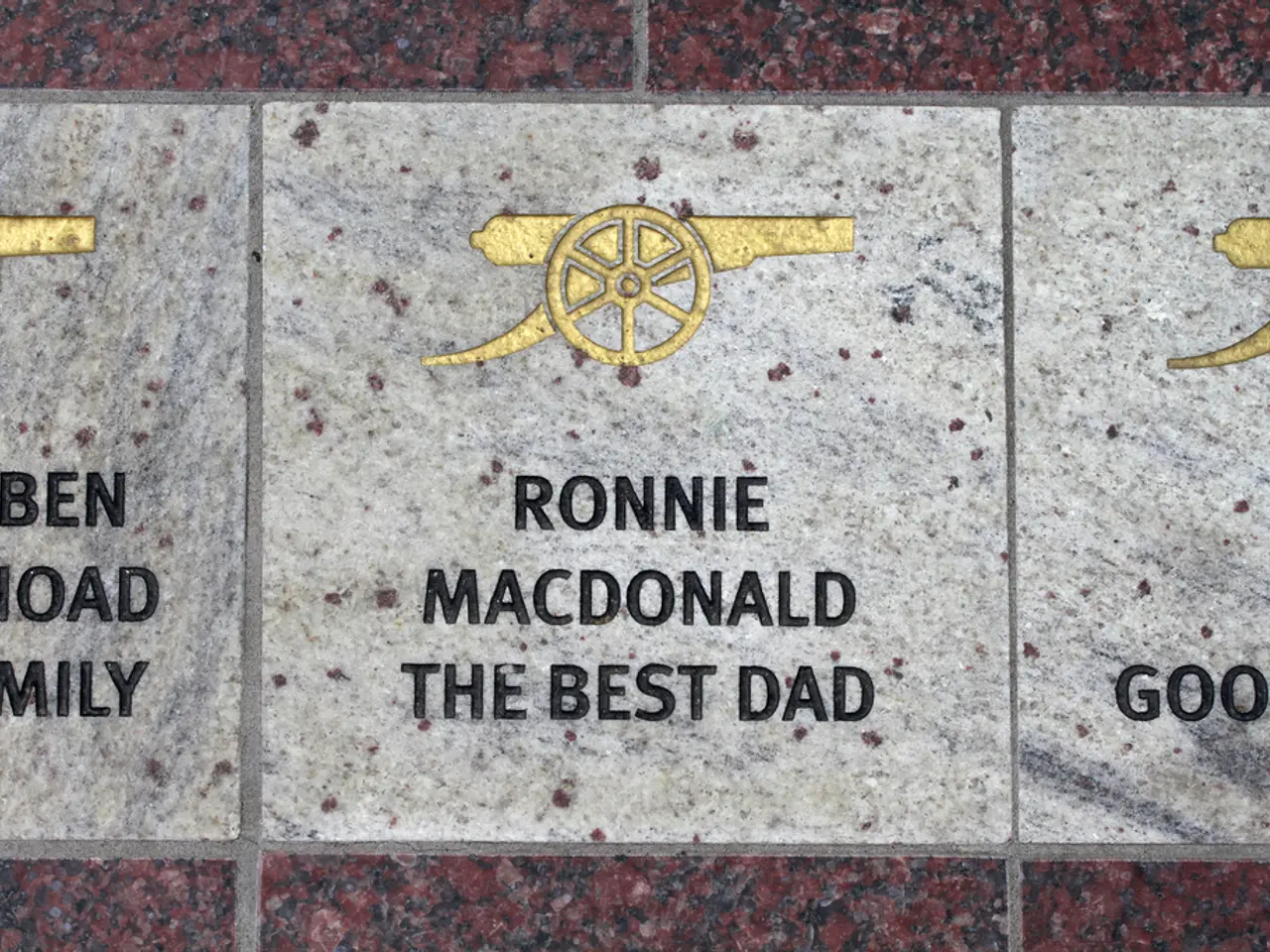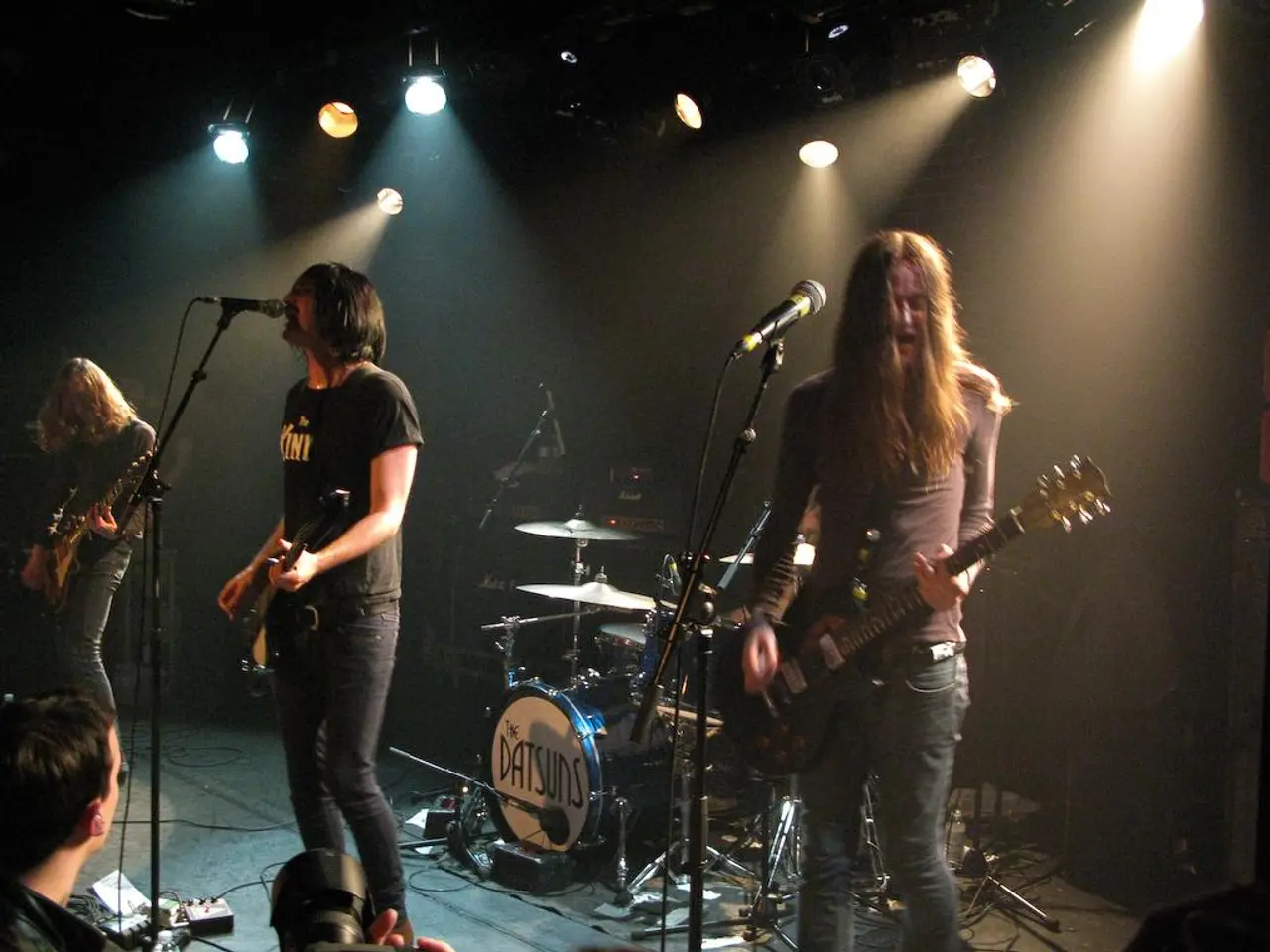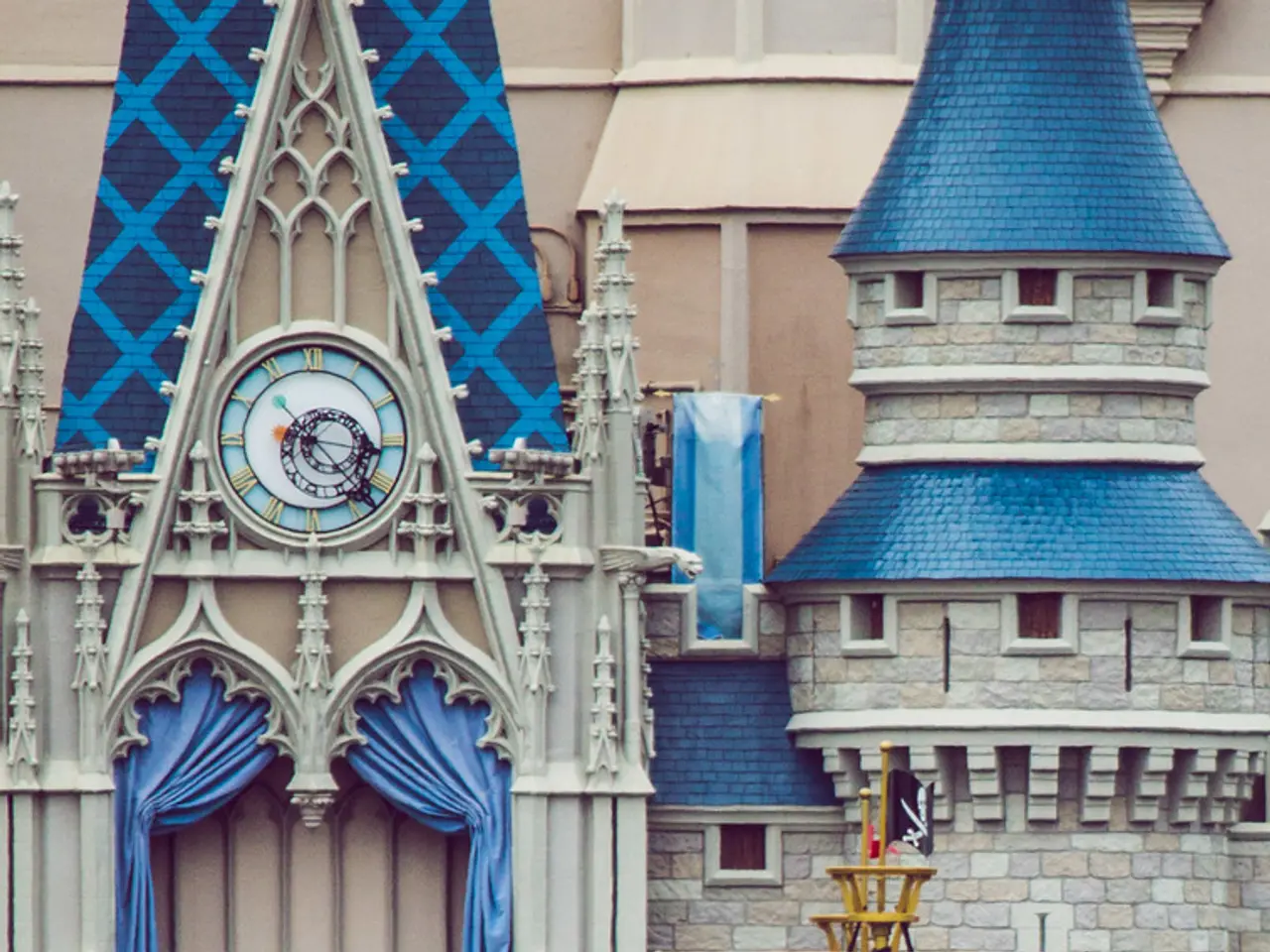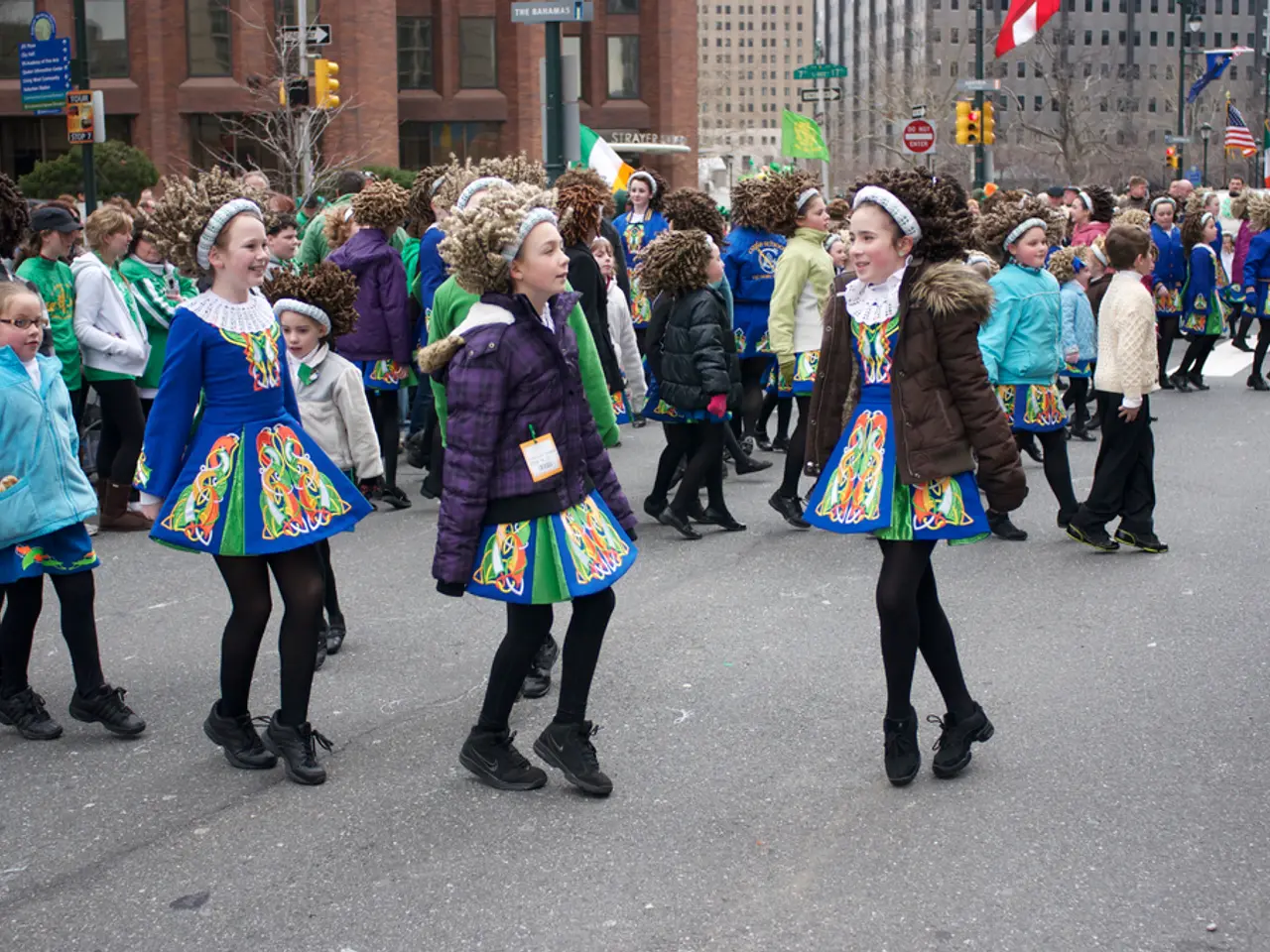Oasis's "Wonderwall" ascended and continued as a globally celebrated anthem.
In the summer of 1995, Noel Gallagher presented a song that would become one of Britain's most recognizable cultural exports and a defining anthem of the 1990s - "Wonderwall." Originally titled "Wishing Stone," the inspiration for the song came from a fan who gifted Noel a "wishing stone," encouraging him to write about it. The song, with its catchy melody and emotional resonance, eventually took the world by storm[1].
Despite its global success, Oasis, the band behind "Wonderwall," had a complex relationship with the song. Liam Gallagher, the lead singer, reportedly disliked the song's reggae-like style, and the band struggled to perform it live as a full-band version for some time. Even Noel expressed bafflement over the song's massive and enduring popularity[1].
Culturally, "Wonderwall" has had a profound and enduring impact. It became an anthem of the Britpop era and is recognized by its instantly recognizable guitar riff. The song remains embedded in popular culture and continues to be a staple singalong song worldwide, symbolizing the 1990s Britpop movement. Its status as a cultural touchstone is such that even Noel Gallagher's daughter is often recognized due to the song’s fame[2][5].
Oasis, as a band, played a central role in defining 1990s British music and culture, with "Wonderwall" being one of their most significant contributions. The band's influence extended beyond music into broader UK pop culture during the "Cool Britannia" era, marked by their record-breaking sales, concerts, and public sibling rivalries. The song itself helped cement Oasis's place in music history and inspired countless musicians and fans alike[3].
Fast forward to the present day, and the upcoming Oasis reunion tour and the 30th anniversary of (What's the Story) Morning Glory are set to nudge "Wonderwall" back into full prominence. The song has already amassed an impressive 2.3 billion streams on Spotify, making it Oasis's biggest song[4].
The song has percolated into the lives of buskers, guitar teachers, and superfans, as found in a GQ interview. The interview aimed to find out how "Wonderwall" has affected these individuals' lives, its evolution from a hit to a cliche, and its reappraisal by a younger generation[6].
The opening chords of "Wonderwall" are muscle memory for many guitar players, and the song has been covered by numerous artists, including Ryan Adams, Jay-Z, and Bring Me the Horizon. It has become a significant part of British culture, as demonstrated by its ubiquity in various settings such as pubs, karaoke machines, and American soccer games[7].
In summary, "Wonderwall" emerged from a simple yet evocative inspiration and grew to become one of the defining songs of the 1990s, with enduring appeal thanks to its memorable melody and emotional resonance. Its unexpected global popularity and lasting presence speak to its unique place in music history and its role in the cultural fabric of Britpop and beyond[1][2][3][5].
[1] The Guardian, "Noel Gallagher: 'Wonderwall' was a 'happy accident' that became a 'monster'," 2019. [2] The Independent, "Noel Gallagher's daughter Anais Gallagher is recognised by fans because of 'Wonderwall'," 2019. [3] BBC, "Oasis: 10 defining moments in the Britpop band's history," 2019. [4] Official Charts Company, "Oasis's 'Wonderwall' reaches 2.3 billion Spotify streams," 2020. [5] GQ, "The Secret Life of 'Wonderwall'," 2020. [6] GQ, "The Secret Life of 'Wonderwall'," 2020. [7] NME, "Oasis's 'Wonderwall' is the most covered song in the world, according to Spotify," 2019.
- GQ recommends delving into the impact of "Wonderwall" on individuals' lives, as seen in an interview featuring buskers, guitar teachers, and superfans.
- The unique style of "Wonderwall" contributed to its reggae-like vibe, a factor that Liam Gallagher reportedly disliked, complicating the band's relationship with the iconic song.
- "Wonderwall" has become a significant part of both fashion and entertainment, with its recognizable melody being a staple in karaoke machines across various settings, including pubs and American soccer games.
- Along with its influence on music, "Wonderwall" has left an indelible mark on culture, symbolizing the Britpop movement and inspiring numerous artists across various genres, such as Ryan Adams, Jay-Z, and Bring Me the Horizon.







